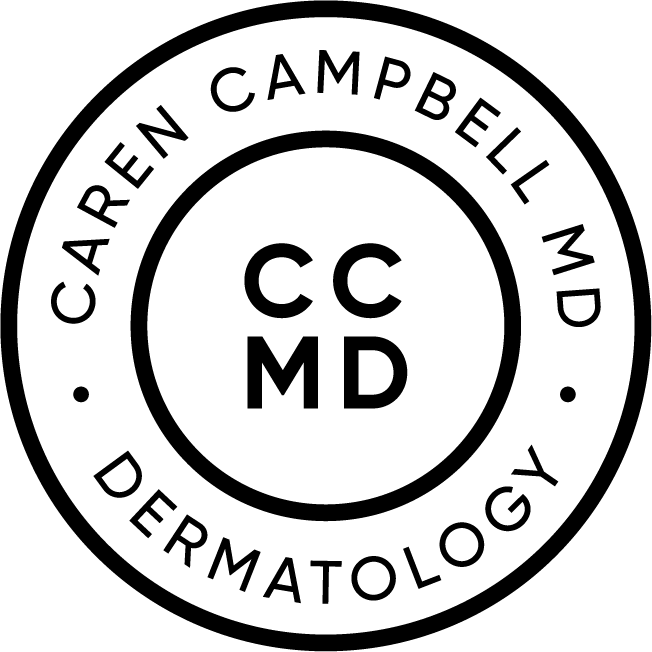Rosacea and Diet: Foods to Avoid to Manage Symptoms
Rosacea is a chronic skin condition that causes facial redness and affects millions of people. While it primarily manifests as facial redness, it can also lead to visible blood vessels, acne-like bumps, burins and stinging of the skin and eye irritation. Managing rosacea involves a long-term multifaceted approach, including skincare, lifestyle modifications, and dietary adjustments. In this post, we will focus primarily on the dietary considerations.
Understanding Rosacea
Before delving into dietary considerations, it's essential to understand rosacea's triggers and how they affect the skin. While the exact cause of rosacea remains unknown, several factors can exacerbate symptoms, including genetics, environmental factors, and lifestyle choices. Common triggers include sun exposure, stress, temperature extremes, and certain foods and beverages. It is important to recognize that rosacea is chronic and there is no cure; lifestyle modifications like dietary changes can help along with in office procedures like VBEAM and medications that you should discuss with a dermatologist.
Dietary Triggers for Rosacea
While dietary triggers can vary from person to person, certain foods and beverages are commonly associated with rosacea flare-ups. Here are some dietary factors to avoid or minimize for individuals with rosacea:
Spicy Foods: Spicy foods containing ingredients like chili peppers, cayenne pepper, and hot sauces can trigger flushing and inflammation in individuals with rosacea. These foods can increase blood flow to the skin, leading to redness and irritation.
Alcohol: Alcohol, especially red wine, beer, and spirits, is a well-known trigger for rosacea symptoms. Alcohol causes blood vessels to dilate, resulting in facial flushing and increased redness. It's advisable for individuals with rosacea to limit their alcohol consumption or avoid it altogether.
Hot Beverages: Hot beverages can exacerbate rosacea symptoms due to their ability to raise body temperature and trigger flushing. Opting for lukewarm or cold beverages may help minimize skin reactions.
Histamine-Rich Foods: Histamine is a compound involved in the body's immune response and can trigger inflammation in sensitive individuals. Foods high in histamine, such as aged cheeses, cured meats, fermented foods, and certain fruits and vegetables (e.g., tomatoes, spinach, avocados), may exacerbate rosacea symptoms in some people.
Citrus Fruits: Citrus fruits and juices, including oranges, lemons, limes, and grapefruits, contain high levels of citric acid, which can irritate sensitive skin and trigger rosacea flare-ups. Individuals with rosacea may benefit from reducing their intake of citrus fruits or opting for alternative sources of vitamin C.
Dairy Products: Dairy products, particularly those high in lactose and saturated fats, may worsen rosacea symptoms for some individuals. Studies suggest that dairy consumption can contribute to inflammation and skin sensitivity, potentially exacerbating redness and irritation in rosacea patients.
While dietary triggers can play a role in rosacea flare-ups, it's essential to remember that triggers can vary from person to person. Keeping a food diary and monitoring your skin's response to different foods can help identify individual triggers. In addition to dietary adjustments, incorporating a gentle skincare routine, avoiding known triggers, and managing stress can help individuals with rosacea better manage their symptoms and improve their overall quality of life. As always, consulting with a dermatologist or healthcare professional is recommended for personalized guidance and treatment options tailored to your specific needs.
References
Searle T, Ali FR, Carolides S, Al-Niaimi F. Rosacea and Diet: What is New in 2021? J Clin Aesthet Dermatol. 2021 Dec;14(12):49-54. PMID: 35096255; PMCID: PMC8794493.
Weiss E, Katta R. Diet and rosacea: the role of dietary change in the management of rosacea. Dermatol Pract Concept. 2017 Oct 31;7(4):31-37. doi: 10.5826/dpc.0704a08. PMID: 29214107; PMCID: PMC5718124.

